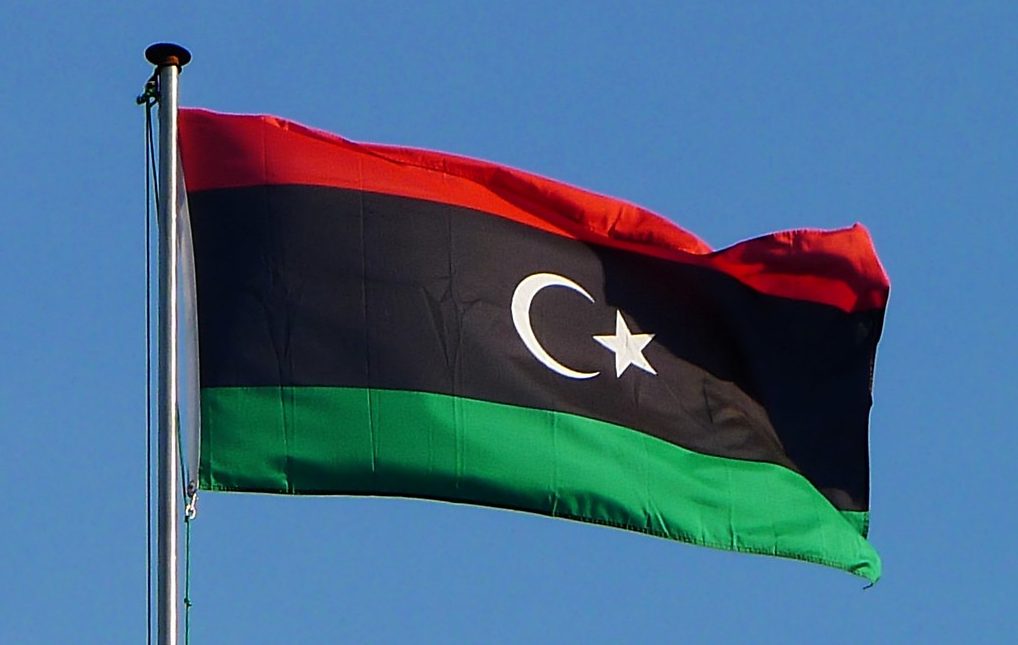Libya has been divided between the rival administrations in Tripoli and the eastern side, controlled by the Benghazi-based House of Representatives.
Qatar has reiterated “its full support for the Libyan political track” during the interactive dialogue on the report of the United Nations High Commissioner for Human Rights on providing technical assistance and capacity building to improve Libya’s human rights situation.
The session took place in Geneva on Tuesday, where the Third Secretary at the Department of Human Rights at Qatar’s Ministry of Foreign Affairs, Mohammed Al Khalifa, voiced the Gulf state’s stance on Libya’s situation.
“The State of Qatar stressed its full support for the Libyan political track, relevant UN Security Council resolutions, and all peaceful solutions that maintain unity, stability, and sovereignty of Libya,” the Qatari foreign ministry said in a statement.
Al Khalifa also urged Libya’s divided parties to adhere to “their obligations under international laws and agreements” and to “avoid escalation” in the country. He also called on the Libyan parties to “create appropriate conditions for holding national presidential and parliamentary elections.”
“He also urged the Office of the High Commissioner for Human Rights and the international community to continue cooperation with the Libyan authorities, develop and implement technical assistance programmes[…]that contribute to building its national institutions,” the statement added.
The country has yet to recover following the overthrow of long-time ruler Muammar Gaddafi amid mass pro-democracy protests in 2011, with periodic clashes occurring between different groups.
Libya has been divided between the rival administrations in Tripoli and the eastern side, controlled by the Benghazi-based House of Representatives.
In 2019, warlord General Khalifa Haftar in Benghazi launched a military campaign to capture control of the capital city of Tripoli, which is under the rule of the United Nations-recognised Government of National Unity.
The Government of National Accord, backed by Turkish forces, had reclaimed the capital in 2020 following intense fighting against Haftar, who was backed by the United Arab Emirates, Egypt, and Russia. The war became widely known as “The Battle for Tripoli”.
The stalemate in Libya’s political progress prompted the UN’s envoy to the country, Abdoulaye Bathily, to resign in April. Bathily came to office after the resignation of his predecessor Jan Kubis in 2021, less than a year after he assumed his role.
Presidential and parliamentary elections have been delayed numerous times since 2014.
In March, Libyan leaders from the East Libya-based parliament, Tripoli-based High Council of State, and the Presidency Council agreed to form a unified government that would supervise the delayed elections.
This came during a meeting in Cairo, where they agreed on the need to establish a technical committee that would pave the way for elections.
Morocco is set to host a meeting in mid-July with the presence of Libya’s Head of the High Council of State, Mohammed Takala, the Head of the Presidential Council, Mohammed Menfi, and the Speaker of the House of Representatives, Aguila Saleh.







